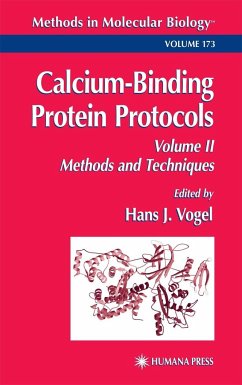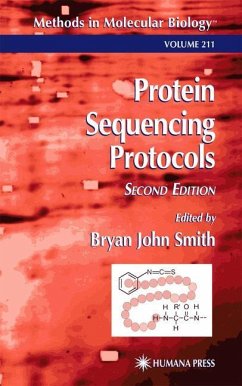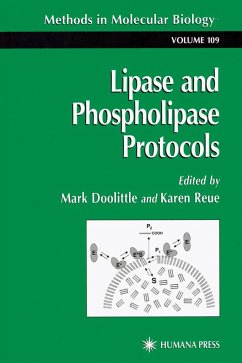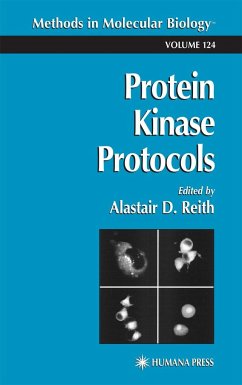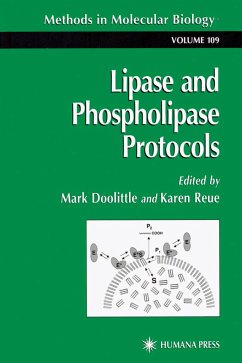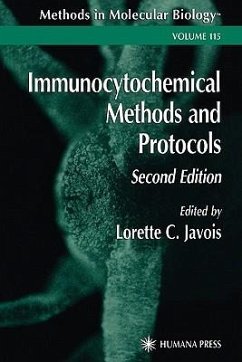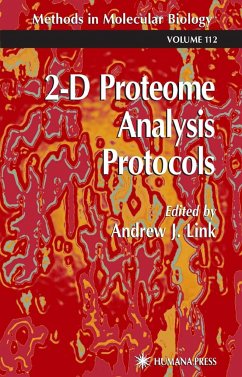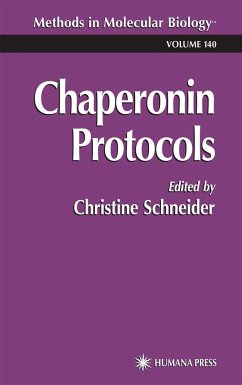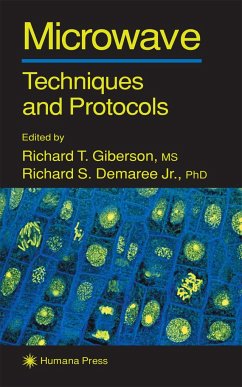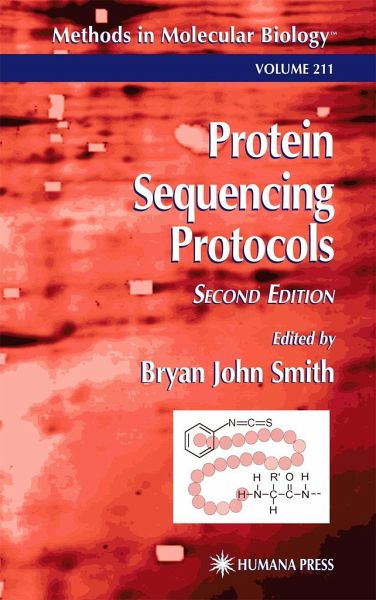
Protein Sequencing Protocols
Versandkostenfrei!
Nicht lieferbar
Determination of the protein sequence is as important today as it was a half century ago, even though the techniques and purposes have changed over time. Mass spectrometry has continued its recent rapid development to find notable application in the characterization of small amounts of protein, for example, in the field of proteomics. The "traditional" chemical N-terminal sequencing is still of great value in quality assurance of the increasing number of biopharmaceuticals that are to be found in the clinic, checking processing events of recombinant proteins, and so on. It is joined in the arm...
Determination of the protein sequence is as important today as it was a half century ago, even though the techniques and purposes have changed over time. Mass spectrometry has continued its recent rapid development to find notable application in the characterization of small amounts of protein, for example, in the field of proteomics. The "traditional" chemical N-terminal sequencing is still of great value in quality assurance of the increasing number of biopharmaceuticals that are to be found in the clinic, checking processing events of recombinant proteins, and so on. It is joined in the armory of me- ods of protein analysis by such techniques as C-terminal sequencing and amino acid analysis. These methods are continually developing. The first edition of Protein Sequencing Protocols was a "snapshot" of methods in use in protein biochemistry laboratories at the time, and this, the second edition, is likewise. Methods have evolved in the intervening period, and the content of this book has similarly changed, the content of some chapters having been superceded and replaced by other approaches. Thus, in this edition, there is inclusion of approaches to validation of methods for quality assurance work, reflecting the current importance of biopharmaceuticals, and also a guide to further analysis of protein sequence information, acknowledging the importance of bioinformatics.




